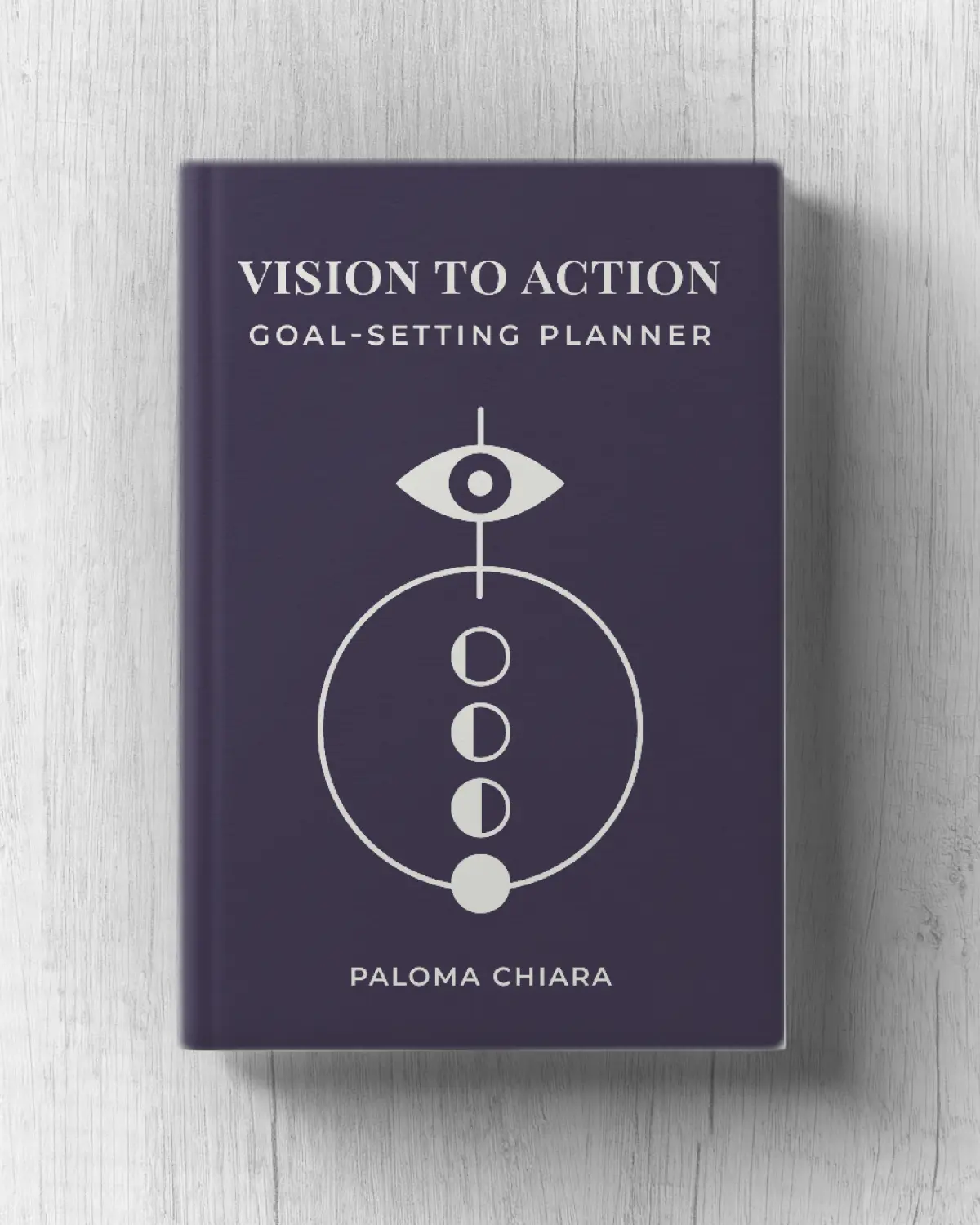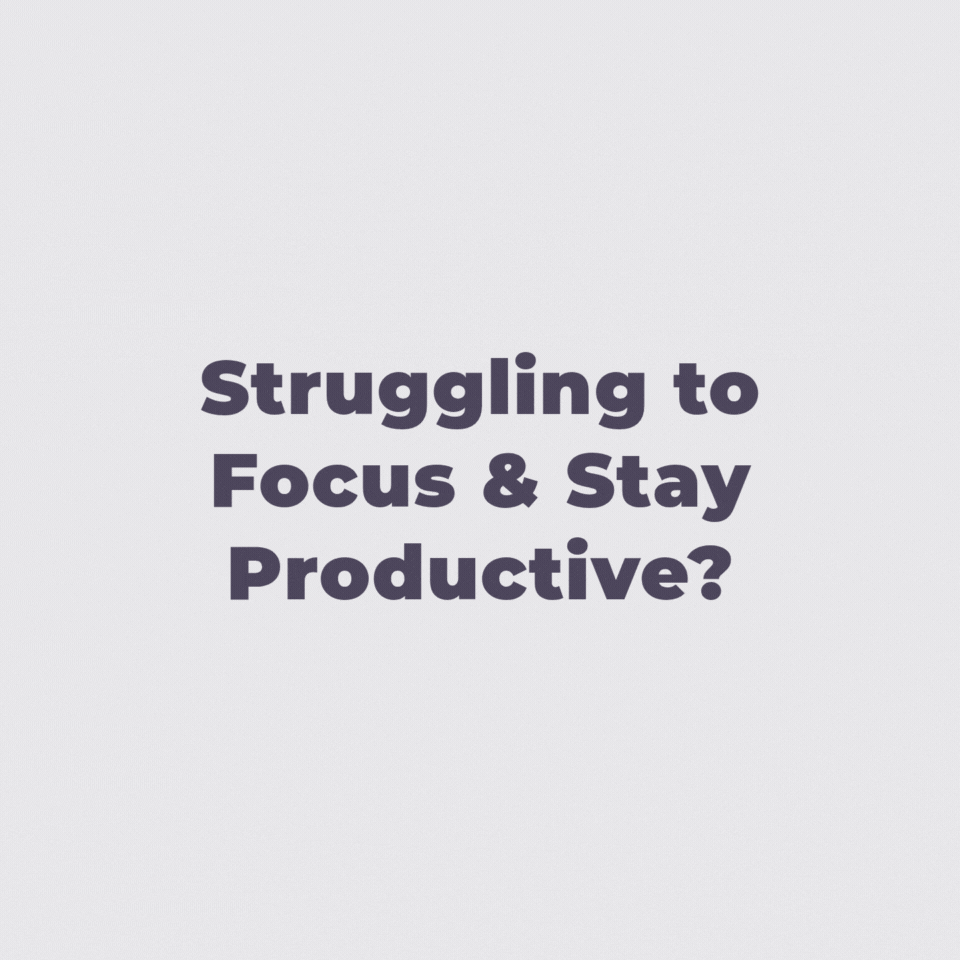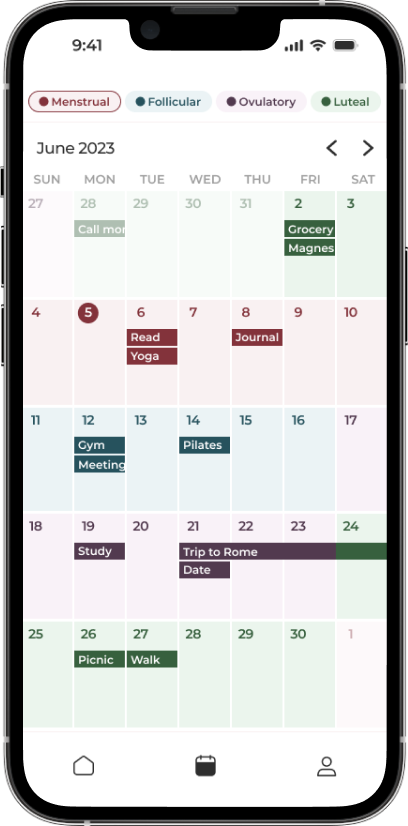Can a Life Coach Help with Anxiety?

Anxiety is a common and often debilitating mental health condition that affects millions of people worldwide. While traditional approaches to managing anxiety often involve therapy and medication, there’s a growing interest in alternative methods, including life coaching. But can a life coach really help with anxiety? In this article, we’ll explore the various types of anxiety, the tools a life coach can provide, and how they can complement traditional treatment approaches.
Understanding the Many Faces of Anxiety
Before we dive into the role of life coaching in managing anxiety, it’s essential to understand that anxiety isn’t a one-size-fits-all condition. It manifests in various forms, each with its unique characteristics and challenges. Here are some of the most common types of anxiety:
Generalized Anxiety Disorder (GAD)
Generalized Anxiety Disorder is characterized by excessive worry and fear about everyday events, often without any apparent reason. People with GAD may experience physical symptoms such as restlessness, muscle tension, and sleep disturbances.
Social Anxiety Disorder
Social Anxiety Disorder, also known as social phobia, involves an intense fear of social situations and a fear of being judged or embarrassed in front of others. This anxiety can be so severe that it leads to avoidance of social interactions.

Check out the Vision to Action Planner for only 6$
More infoPanic Disorder
Panic Disorder is characterized by sudden and recurrent panic attacks, which are intense episodes of fear or dread. These attacks can cause symptoms like rapid heartbeat, shortness of breath, and a sense of impending doom.
Specific Phobias
Specific phobias involve an intense and irrational fear of a particular object or situation, such as heights, spiders, or flying. When confronted with the phobia trigger, individuals may experience extreme anxiety and panic.
Obsessive-Compulsive Disorder (OCD)
OCD is characterized by persistent and intrusive thoughts (obsessions) that lead to repetitive behaviors (compulsions) aimed at reducing anxiety. These rituals can become time-consuming and interfere with daily life.
Post-Traumatic Stress Disorder (PTSD)
PTSD can develop after exposure to a traumatic event. Individuals with PTSD may experience flashbacks, nightmares, and severe anxiety related to the trauma.
Separation Anxiety Disorder
This type of anxiety typically occurs in children but can persist into adulthood. It involves excessive anxiety about separation from caregivers or loved ones.
Understanding the specific type of anxiety a person is dealing with is essential when considering the role of a life coach in managing their condition. Different types of anxiety may require tailored approaches and strategies.
The Role of a Life Coach in Managing Anxiety
Life coaches can play a valuable role in helping individuals manage anxiety by providing tools, support, and strategies tailored to their unique circumstances. Here are some ways in which life coaches can assist clients dealing with anxiety:
Goal Setting and Clarity
Life coaches help clients set clear and realistic goals related to their anxiety management. This process involves identifying specific areas of life affected by anxiety, such as work, relationships, or personal growth. By setting clear objectives, clients gain a sense of purpose and direction.
Identifying Triggers
An essential aspect of managing anxiety is identifying the triggers that exacerbate symptoms. Life coaches work with clients to identify specific situations, thoughts, or behaviors that contribute to their anxiety. Once these triggers are recognized, clients can develop strategies to manage or avoid them.
Cognitive-Behavioral Techniques
Life coaches often incorporate cognitive-behavioral techniques into their coaching sessions. These techniques help clients recognize and challenge negative thought patterns and beliefs that contribute to anxiety. By replacing negative thinking with more rational and positive thoughts, individuals can reduce anxiety levels.
Stress Management
Stress management is a crucial component of anxiety management. Life coaches teach clients stress-reduction techniques, such as mindfulness, deep breathing, and progressive muscle relaxation. These tools help clients remain calm and centered in the face of anxiety-inducing situations.
Building Resilience
Resilience is the ability to bounce back from adversity, and it’s a valuable skill for individuals with anxiety. Life coaches help clients build resilience by fostering a growth mindset and teaching them how to adapt to challenges effectively.
Accountability and Progress Tracking
Life coaches provide accountability and support for clients as they work toward managing their anxiety. Regular check-ins and progress assessments help clients stay committed to their goals and make necessary adjustments to their strategies.
Tailoring Coaching to Specific Types of Anxiety
Different types of anxiety may require specific coaching approaches. Here’s how life coaches can tailor their coaching to address various anxiety disorders:
For Generalized Anxiety Disorder (GAD)
Life coaches can work with clients to develop strategies for managing excessive worry and anxiety. This may include setting boundaries, practicing relaxation techniques, and learning to challenge irrational thoughts.
For Social Anxiety Disorder
Coaching for social anxiety often involves exposure therapy, where clients gradually confront their social fears. Life coaches provide support and encouragement throughout this process, helping clients build confidence in social situations.
For Panic Disorder
Life coaches can teach clients coping strategies to manage panic attacks when they occur. These strategies may include grounding techniques and cognitive restructuring to reduce the intensity of panic symptoms.
For Specific Phobias
Coaching for specific phobias can involve desensitization exercises, where clients gradually expose themselves to the feared object or situation. Life coaches provide guidance and encouragement to help clients face their phobias.
For Obsessive-Compulsive Disorder (OCD)
Coaching for OCD may focus on helping clients reduce compulsive behaviors and challenge obsessive thoughts. Life coaches provide accountability and support as clients work toward reducing the impact of OCD on their lives.
For Post-Traumatic Stress Disorder (PTSD)
Life coaches can assist clients with PTSD by helping them develop coping strategies and providing a safe space to process traumatic experiences. Coaches may also help clients set boundaries and prioritize self-care.
For Separation Anxiety Disorder
Coaching for separation anxiety in adults may involve building self-reliance and independence. Life coaches help clients develop strategies to manage anxiety related to separation from loved ones.
The Complementary Role of Life Coaching
It’s important to note that life coaching is not a substitute for professional mental health care. In cases of severe anxiety or clinical diagnoses, individuals should seek the guidance of a licensed mental health professional. However, life coaching can complement traditional therapy and medication in several ways:
Bridging the Gap
Life coaches can bridge the gap between therapy sessions, providing ongoing support and accountability. This can be especially beneficial for individuals waiting for therapy appointments or those who want to maintain progress after therapy ends.
Fostering Independence
Life coaching empowers individuals to take an active role in managing their anxiety. Coaches equip clients with practical tools and strategies they can use independently, giving them a sense of control over their condition.
Providing a Holistic Perspective
Life coaches take a holistic approach to well-being, considering various aspects of a client’s life, such as career, relationships, and personal goals. This broader perspective can complement the more focused nature of therapy.
Quiz: What Is Blocking Your Success?
This quick quiz will help you figure out which mental or behavioral pattern might be holding you back from achieving your full potential. Identifying your specific success blocker is the first step toward breaking through to new levels of achievement and fulfillment.
Read each question and choose the answer that feels most true to your situation.
No email or payment is required to complete the quiz and receive your personalized insights.
Once you have your primary success blocker, you have clarity about what’s been holding you back. This awareness is powerful—many people spend years struggling without understanding the specific pattern that’s limiting their progress.
Remember, these patterns aren’t permanent character traits but rather habitual ways of thinking and behaving that can be changed with the right guidance and practice.
If you’re ready to break through your specific blocker and achieve the success you know you’re capable of, send me an email to try out a coaching session. Your breakthrough awaits!
Encouraging Continued Growth
Life coaches encourage clients to continue growing and striving for personal development even after they’ve made significant progress in managing their anxiety. This forward-looking approach helps clients build resilience and adaptability.
In conclusion, while life coaching is not a replacement for traditional therapy and medication in treating anxiety disorders, it can be a valuable complementary resource. Life coaches provide tools, support, and strategies that empower individuals to manage their anxiety effectively. By tailoring their coaching approaches to specific types of anxiety, life coaches can help clients build resilience, reduce symptoms, and take meaningful steps toward a happier and more fulfilling life.
Still waiting for the 'perfect time'?
Email me what you'd do if you stopped making excuses. We'll work backwards from there.
Let's startRecent posts
-
The Complete Guide to Becoming a High Achiever
Read blog -
How To Make a Positive Impact in Your Community
Read blog -
What Is the “Winter Arc” Challenge?
Read blog -
What Is "the Great Lock-In" and Should You Try It?
Read blog -
What Are the 75 Hard and Soft Challenges?
Read blog -
How to Validate Yourself
Read blog

The App Made To Sync Your Lifestyle to Your Menstrual Cycle.
A solution for women who are looking to keep track of what they sync to their cycles, such as fitness, diet, etc. by adding it to a calendar that also predict their phases.
Learn more





Comment